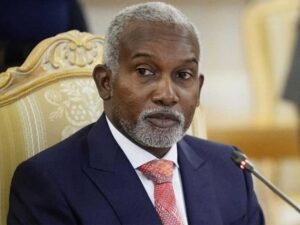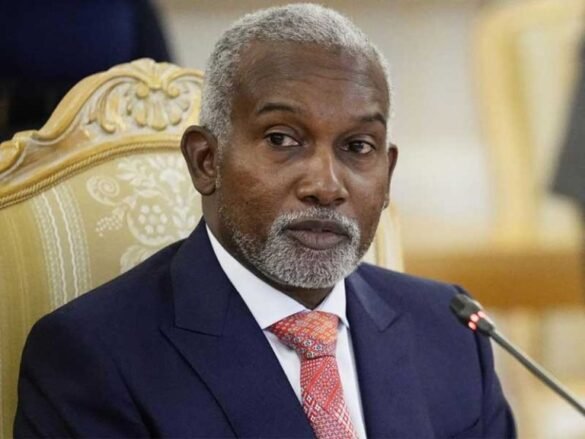Nigeria and Egypt, the only two African members of the Developing-8 Organisation for Economic Co-operation (D-8), are strengthening bilateral trade ties to actively contribute to the D-8 Leaders’ ambitious goal of increasing intra-D-8 trade to $500 billion by 2030.
Key areas expected to drive this bilateral trade growth include solid minerals, renewable energy, agriculture, water management, ICT, aviation, pharmaceuticals, manufacturing, garments, leather, and tourism. Nigeria’s Minister of Foreign Affairs, Yusuf Tuggar, emphasized this during his keynote speech at the second Nigeria-Egypt Business Forum in Abuja.
As part of efforts to boost bilateral trade, Nigeria’s investment landscape is attracting attention from Egypt. A delegation of executives from 30 leading Egyptian companies is currently in Nigeria to explore strategic investment opportunities, according to Egypt’s Minister of Foreign Affairs, Immigration, and Expatriates, Badr Abdel Aaty.
Tuggar noted that both countries are undergoing major transformations in industrialization, infrastructure, digital innovation, and human capital development. He stressed that while Nigeria and Egypt hold significant potential, the current bilateral trade volume remains low—at about $211.2 million in 2023. Out of this, Egypt’s exports to Nigeria were valued at $199 million, while Nigeria’s exports to Egypt totaled only $12.2 million. Tuggar highlighted the need for stronger bilateral trade efforts to help both nations tap into the $500 billion D-8 trade target.
With a combined population of over 1.2 billion people and a total nominal GDP exceeding $5 trillion as of 2024, the D-8 bloc—comprising Nigeria, Egypt, Bangladesh, Indonesia, Iran, Malaysia, Pakistan, and Türkiye—holds enormous trade potential.
Abdel Aaty described the D-8 as a strategic platform aimed at improving members’ global trade positions and living standards. He emphasized that Nigeria and Egypt share a long history of diplomatic relations built on African solidarity and mutual economic aspirations. The recent elevation of their relationship to a “comprehensive partnership” demonstrates their joint commitment to strengthening bilateral trade and economic cooperation.
As two of Africa’s largest economies, Nigeria and Egypt have a combined population of 345 million—about one-quarter of Africa’s population—giving them significant leverage to shape intra-African trade. Abdel Aaty urged that the forum should be viewed as a strategic tool to unlock untapped trade opportunities.

A Nigerian government official discussing bilateral trade initiatives during an international business forum.
Leading a strong delegation of investors, Abdel Aaty identified agriculture, pharmaceuticals, industry, energy, oil, and gas as priority areas for Egyptian investments in Nigeria. He reiterated that both countries are committed to a “win-win” approach to trade and investment.
READ ALSO: GDP Rebasing: Nigeria Maintains Fourth Position Among Africa’s Largest Economies
He added that the current bilateral trade volume does not reflect the economic weight of the two nations. “We have to double or triple our trade volume,” Abdel Aaty stated, assuring that both governments are determined to strengthen bilateral ties in line with directives from their leaders.
“Nigeria is the largest economy in Africa and serves as a gateway to the continent. The elevation of our relationship to a comprehensive partnership signals a new phase of economic collaboration,” Abdel Aaty concluded.


